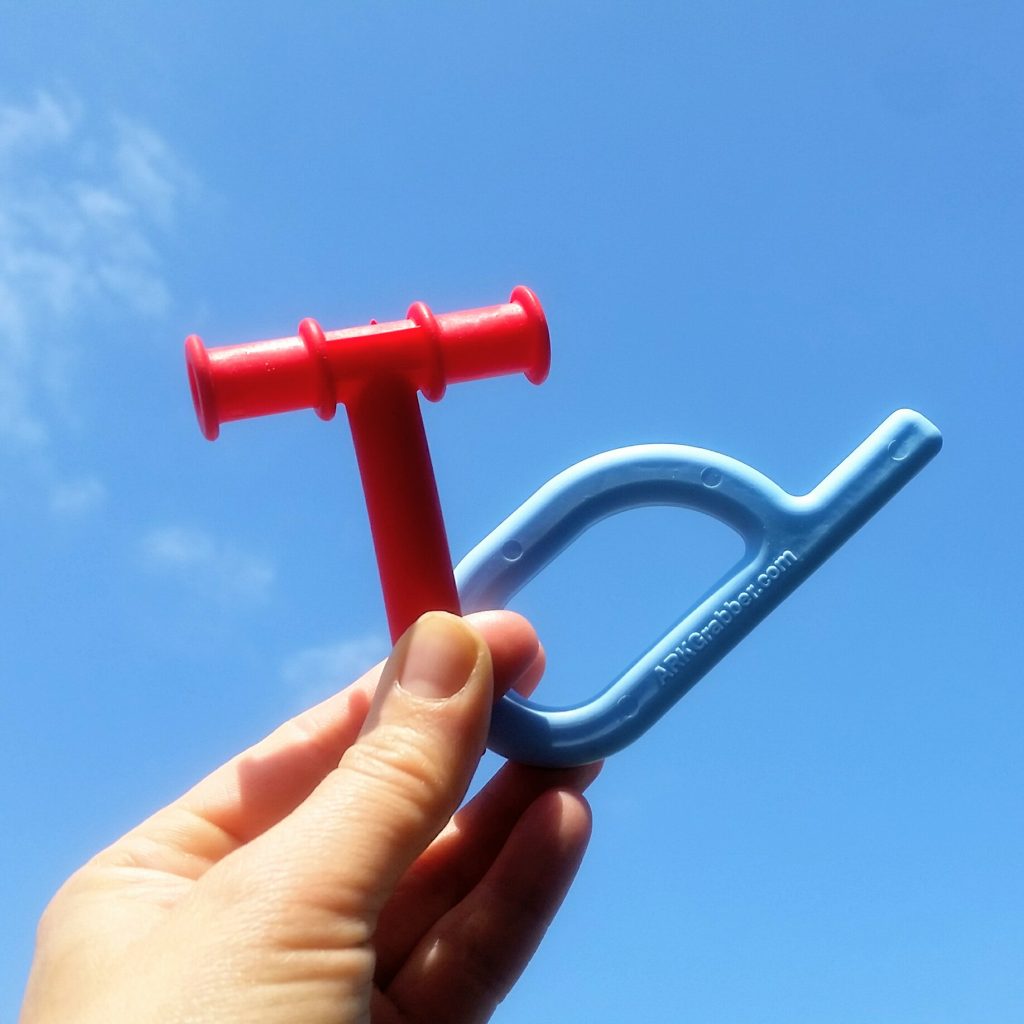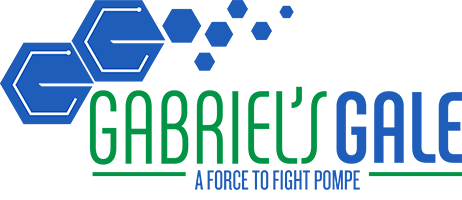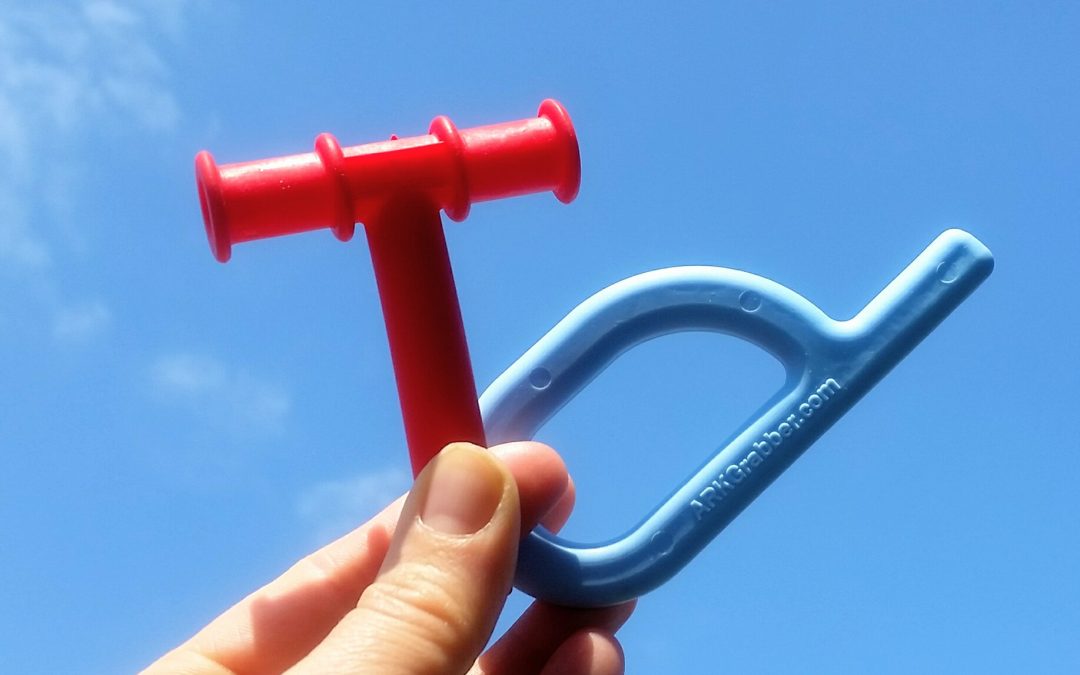Speaking Of Eating and Eating My Words

Before having our third baby, I decided to be much looser about motherhood. Not to worry so much. I may not have decided as much as actually given way to circumstances: 3 kids 4 and under and only two parents. Somehow, maybe I knew the room for my heightened anxiety would be limited.
My newfound freedom from worries waned, understandably and forgivably, when we found out Gabriel had Pompe. But, once I truly realized my hands were not on the proverbial wheel, I really did do well at focusing more on Lovin’ Up this Baby over Worrying this Baby Down.
Part of that was my aloof reaction – or lack of reaction, if I’m honest – to Gabriel’s silence and size. He’s a small guy, but has always (and still is) gaining on his chart. The doctors say that as long as he’s gaining each time they see him, we’re good. So. No worries. He’s a quiet guy, but enjoys watching his Sissy and Brother play and joins in with occasional “Ahhs!” and has, “Mama!” and “Dadda!” nailed – at an octave range rivaling Mariah Carey’s.
My thoughts:
“I can’t force him to eat and God knows he nurses plenty!”
And,
“He’ll talk when he’s ready.”
Unlike a watched pot that never boils or a watched phone that never rings, I took my eyes off the speech and food ball and missed a potentially hot, sloppy and ringing mess.
At Gabriel’s latest appointment with his Geneticist and Genetic Counselor, the room went politely quiet when, in response to, “How many words does he have now?” Our answer was, “Five?” He was 21 months old.
Our eyes on the ball and hands on the wheel, we’ve since seen a speech therapist and a physical therapist who specializes in the mechanics of the mouth.
Pompe Lesson #980: It seems that children with Late Onset Pompe Disease (LOPD) can have difficulty with their tongue muscles. This impacts how well they are able to eat (Gabriel tires easily) and speak. It makes sense, seeing as Pompe affects the muscles. But, the tongue? We’ve been focused on Gabriel’s core strength through physical therapy.
Another discovery: Our cores and our tongues are connected. As soon as the therapists told us this, I made a mental note to Google it later. Surely, they were wrong. After all, the “hip bone’s connected to the thigh bone, the thigh bone’s connected to the leg bone,” and so on and forth. I know the song.
The therapist gave an analogy that helped me comprehend the connection: Imagine a painter at an easel. She can paint while sitting on a giant exercise ball. But, when it comes to smaller strokes and more finite details, she does better sitting on a hard chair with solid footing. Such is the connection between a steady and strong core and a steady and strong tongue.
Full disclosure: I did do some internet searching and, while I didn’t find a huge amount of information on the connection, I found some. One article in a fitness magazine suggested tongue exercises for core strengthening!
https://www.menshealth.com/fitness/a19530132/how-tounge-makes-abs-stronger/
What’s next? We are now armed with more information and tools – so vital in staying ahead of this disease. Gabriel will likely start regular speech therapy along with exercises the therapists showed us to do with him (A free pass for Daddy to teach our soon-to-be-two-year-old funny faces!) We also have a couple of cool toys for him to chew on that strengthen his mouth muscles.
A perfect ending to this post would be how I am still laid back and left my troubles at the door of the third baby’s birthing room. Not so much. But, I worry less knowing that every day more and more is discovered about Pompe and, thanks to research and the “Smart People” doing it, I know we are doing what we need to do. That takes the edge off. A little.
Donna
Gabriel’s Mama

